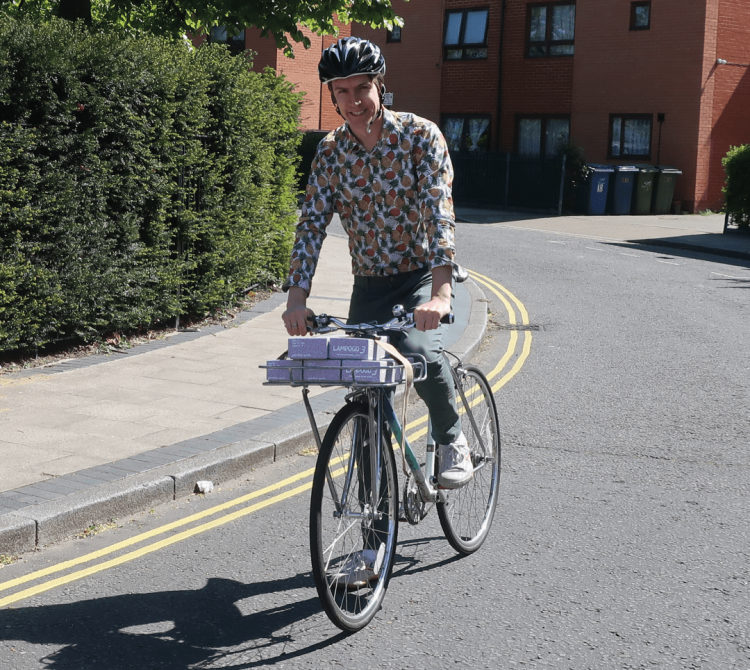
During his time in lockdown primary school teacher Roy Clutterbuck has been making games by hand to send to pupils in the post. Roy creates educational games to show children that maths can be playful and enjoyable.
After winning a Let Teachers SHINE award Roy was able to trial his Lampogo 3 game with 16 local schools in South London.
Like everyone else, since the Covid-19 outbreak Roy has had to quickly change his plans. He has taken the opportunity to ramp up production of the game and has already posted 35 sets to the homes of disadvantaged pupils and is continuing to make more.
However, making the games from hand is time-consuming and there is a limit to the number that can be produced. So that many more children across the whole country can benefit, Roy this month launched a crowdfunding campaign which will allow him to get Lampogo 3 manufactured.

